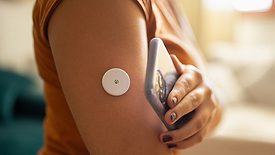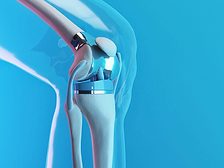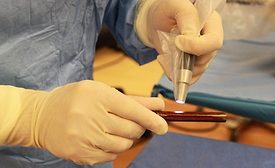Home » Keywords: » medical device coatings
Items Tagged with 'medical device coatings'
ARTICLES
Taking Steps Ahead of Obsolete Packaging Methods
The Growing Impact of Antimicrobial Nanocoatings in Various Industries
Read More
Keep the info flowing with our eNewsletters!
Get the latest industry updates tailored your way.
JOIN TODAY!Copyright ©2025. All Rights Reserved BNP Media.
Design, CMS, Hosting & Web Development :: ePublishing









